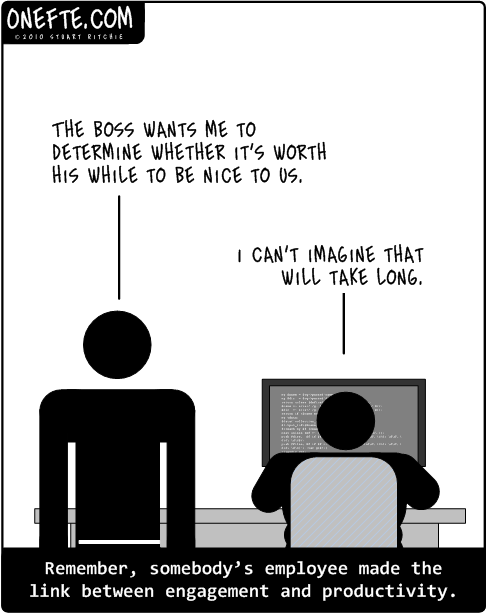A recent edition of The Australian newspaper led with a strong call for change to Australia’s employment system.
 The editorial was up-front and very clear in its argument that the workplace relations system was unwieldy, complex, and very costly in a variety of ways.
The editorial was up-front and very clear in its argument that the workplace relations system was unwieldy, complex, and very costly in a variety of ways.
As part of its case, the newspaper quoted a study which found that four out of five employers felt the current labour laws had made business more difficult.
Here’s a brief extract of the editorial – we wonder what you think?
Here’s something for politicians to think about on the beach. Who is benefiting from Australia’s inflexible industrial relations system? Not the young workers and other casual staff missing out on shifts in shops, hot bread kitchens and cafes across the suburbs and even in tourist areas. Not their employers who find it more economical to close over the holiday season than pay the prescribed $40, $50 or more an hour. And not the customers paying more in the outlets that are open.
For five years, Julia Gillard’s Fair Work system has unwound 20 years of hard-won industrial relations reforms achieved primarily by the Howard government, but also by the Hawke-Keating governments, that encouraged decentralisation and insisted on workplace efficiencies in return for wage rises.
For the sake of prosperity over the next 20 years, especially in the slower sectors of the two-speed economy such as retail, tourism and manufacturing, both sides of politics must focus in the new year on more productive workplace relations.
The editorial then moved on to describe the expected consequences of not making changes to the national industrial relations system:
Youth unemployment in parts of Australia is already close to 20 per cent and will worsen as the economy slows. Tweet this statistic
As reported yesterday, a survey of 562 small and medium-sized businesses in NSW, Victoria and Queensland found that four out of five employers said the current labour laws had made business more difficult because of the compliance costs and complexity associated with the Fair Work Act (tweet this statistic) and the modern award system. One respondent to the survey, Mudgee-based earthmoving business Kodiak, spent $30,000 on legal fees to negotiate the intricacies of the act to strike an enterprise bargaining agreement with drivers and equipment operators. Tweet this statistic
Nor has Fair Work ushered in the harmony promised by Labor. Strikes in the construction industry, as well as in state public services, pushed the number of working days lost in the September quarter to their highest level in eight years. Tweet this statistic
The newspaper editorial continued with further such arguments and there was no sitting on the fence. It’s worth a read.
In an election year, we can be sure that Australia’s employment system will be up for a lot more intense scrutiny and debate.
We’ll keep you posted . . .
HRwisdom










